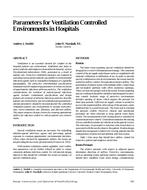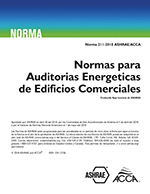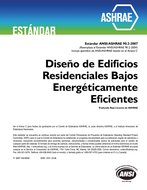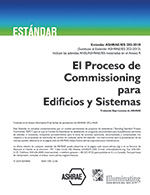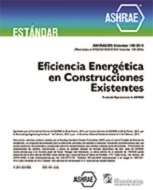Description
Ventilation is an essential element for comfort in the hospital patient care environment. Ventilation also helps to protect patients and employees from airborne hazards, such as Mycobaterium tuberculosis (Mtb), generated as a result of patient care. Protective ventilation measures are required in operating rooms and for patients susceptible to environmental infectious agents such as Aspergillus fumigatus or Legionella pneumophila. The protective environmental specifications should provide for engineering parameters to ensure exclusion of opportunistic infectious airborne particles. The ventilation considerations for isolation of patient-spread infectious agents includes containment specifications and design features for removal of airborne infectious particles from the patient care environment. Special ventilation design and operational parameters should be incorporated for the controlled ventilation patient care environments to include room pressure, room ventilation rate, filtration, and directed airflow. This paper proposes design criteria for ensuring appropriate airflow for infection control in critical patient care environments.
Paper from IAQ 1997 — Design, Construction, and Operation of Healthy Buildings: Solutions to Global and Regional Concerns
Citation: IAQ Conference: IAQ 97
Product Details
- Published:
- 1997
- Number of Pages:
- 5
- File Size:
- 1 file , 41 KB
- Product Code(s):
- D-25176
